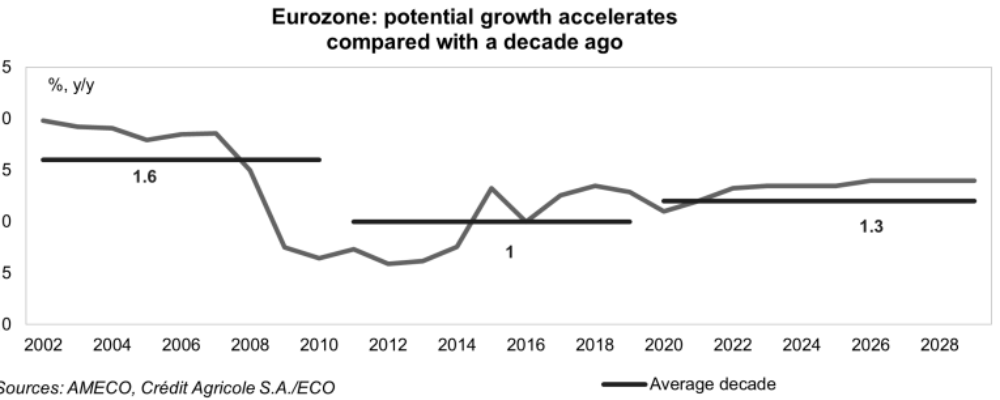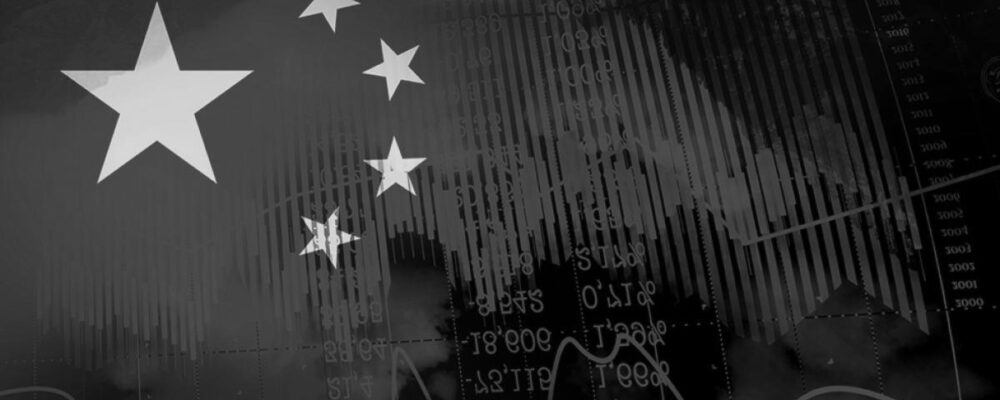Controlling the narrative and exploiting positive biases
Studying Egyptian sovereign risk is a particularly challenging exercise: the Egyptian pound remains sensitive to investors’ expectations, guided by their perceptions and biases. The authorities are well aware of this and know which signals to communicate about. One such signal is the closely followed level of currency reserves, which, in reality, is becoming less and less relevant as a way to monitor liquidity pressures in Egypt: the innumerable nuances of capital control methods can cloud the issue. For example, it is common for banks’ net external assets to contract when liquidity tightens – which helps improve the balance of payments without affecting reserves.
Similarly, during the currency crisis, the government shrewdly put very strong tourism and Suez Canal revenue at the forefront its communications strategy to help build trust. Unfortunately, this mechanism backfired when war broke out in Gaza and the Houthis launched their attacks in the Red Sea. Worries over Suez Canal revenue immediately became a market signal strongly influencing expectations – speculation as to the value of the Egyptian pound had almost reached breaking point.
The market: Instagram versus reality
This is interesting because, as any scrupulous analyst monitoring Egypt’s balance of payments day to day is well aware, the impact of the currency crisis on remittances by foreign workers, although less obvious, is much more severe than the shock to the Suez Canal. This is because the growing lack of confidence in the Egyptian pound during the crisis, fuelling expectations of devaluation, had severely affected remittances by members of the diaspora to their families as Egyptians working abroad opted to delay converting their funds into local currency unless it was absolutely essential to do so. This created a huge shortfall in Egypt’s dollar liquidity. Yet it was the shock to the Suez Canal that nearly overturned the Egyptian economy. Does this mean we should be focused on trying to understand the market, with its many irrationalities, rather than economic fundamentals?
A similar pattern – this decorrelation between reality and perception – has been playing out since last year as Egypt navigates another crisis that is attracting less market attention: its gas production has slumped to its lowest level since eight years ago, when the Zohr field began production, transforming Egypt from a net importer to a net exporter of natural gas. The currency crisis is not unrelated to this phenomenon: late payments (in dollars) to oil majors prompted the latter to wind up their exploration activities.
However, confidence has solidified since the country received an unprecedented $35 billion injection from its economic big brother the United Arab Emirates. This is a good thing: no one here is advocating for panic. But it is surprising how differently investors have reacted to each of these shocks. To help understand this, we have tried to provide a rough estimate of the size of each shock in terms of the cost to Egypt of additional external funding, whether by way of a deficit or a direct additional cost.
Our approach was to compare, for each shock, a period of four consecutive quarters across which the shock was in full effect with a previous period of the same duration. We then looked at the change, between these two periods, in the variable in the balance of payments directly affected by the shock. For example, we can estimate that the increase in international wheat prices following the outbreak of war in Ukraine resulted in an additional cost to Egypt of around $800 million by comparing the value of Egyptian imports of wheat in 2022 and 2021, before the conflict began. To measure the impact of Houthi attacks in the Red Sea, we can compare Suez Canal revenue recorded in the balance of payments across calendar year 2024 with that recorded in 2023 (the attacks began in December 2023). This gives a shock of around $6 billion. For remittances by diaspora Egyptians, we can compare calendar year 2023 – when the currency crisis was in full effect – with 2021, which preceded the crisis. This gives a balance of payments deficit of almost $12 billion. Lastly, the decline in Egypt’s gas output and the need to increase imports of liquefied natural gas to cover domestic consumption has led to a significant deterioration in the hydrocarbon position within the balance of payments. We can compare this position between calendar year 2024 and 2022, before production declined. Between these two years, Egypt went from having a surplus to having a large deficit – and the shock can be estimated at over $15 billion.
Of course, we are not comparing the same periods here, and the change in variables does not strictly isolate the effects of the shocks in question. Nevertheless, the differences in size are big enough that their differing impacts on market expectations are surprising. In particular, the wheat price shock was the trigger that tipped Egypt into the currency crisis. The shock to Suez Canal revenue nearly brought the country to breaking point. Yet the decline in gas production provoked little reaction from the market. And few non-specialists will be able to tell you about the drop in remittances to Egypt during the currency crisis.
Does reality still matter?
For those economists who, for the time being, are still humble human beings with non-artificial intelligence, can we still hang our hats on the real economy? This question is especially pertinent as increasingly standardised analyses are rapidly creating standards and even parallel realities which will, if investors so decide, become more real than reality itself. Of course, what we are seeing in Egypt is nothing new. In fact, it is characteristic of how financial markets operate according to a certain John Maynard Keynes, cited on page 2 of our economics textbooks since the 1930s*. What a relief!
And, since the Egyptian economy has gradually become heavily dependent on market funding to cover its external needs, it must increasingly play by the rules. But Egypt is not just an investment market, and it is the wrong size for a tax haven. It is a huge country whose real economy must continue to play a vital role when assessing its trajectory and crafting government policy. Recurrent currency crises and volatile capital flows mean its relationships with markets carry too much weight when it comes to economic policy. This is a trap into which other emerging countries have already fallen, and which can have very significant adverse effects, whether in terms of efficient economic management or institutional legitimacy. The people of Egypt could very quickly feel like they have inadvertently fallen into a rigid system in which political consultation is more readily open to investors – a “market democracy”.
There is a delicate balance to be struck here – especially if the narratives needed to maintain the trust of both the market and the population no longer converge. After all, what could be more real than a power outage for a user who, in addition, is paying more and more for their power (as recommended by the IMF)? While it is clearly better not to say too much about the energy crisis to a market that appears to be relatively blind to the issue, it is also important to talk to a population that can scarcely ignore it.
The direct conflict between Israel and Iran has served as a wake-up call to the authorities, with Israel temporarily halting production from its gas fields for exports via pipeline to Egypt (equating to around 15–20% of Egypt’s total consumption). This creates a strange sense of déjà vu: the outbreak of war in Gaza also interrupted these flows in late 2023. The repercussions will once again be all too real: Egypt has been forced to suspend fertilizer production, with knock-on effects on the agricultural sector and thus, potentially, on food prices.
We must not underestimate the social effects of accumulating shocks, with each successive shock impoverishing the population and eroding the country’s resilience. The lower middle class is increasingly at risk of sliding into poverty, with the government facing increasing calls to support it. Major political crises are often triggered by the weakening of the middle class: this segment of the population is supposed to form existing governments’ most solid political foundation, particularly in very large countries.
“Crédit Agricole Group, sometimes called La banque verte due to its historical ties to farming, is a French international banking group and the world’s largest cooperative financial institution. It is France’s second-largest bank, after BNP Paribas, as well as the third largest in Europe and tenth largest in the world.”
Please visit the firm link to site






